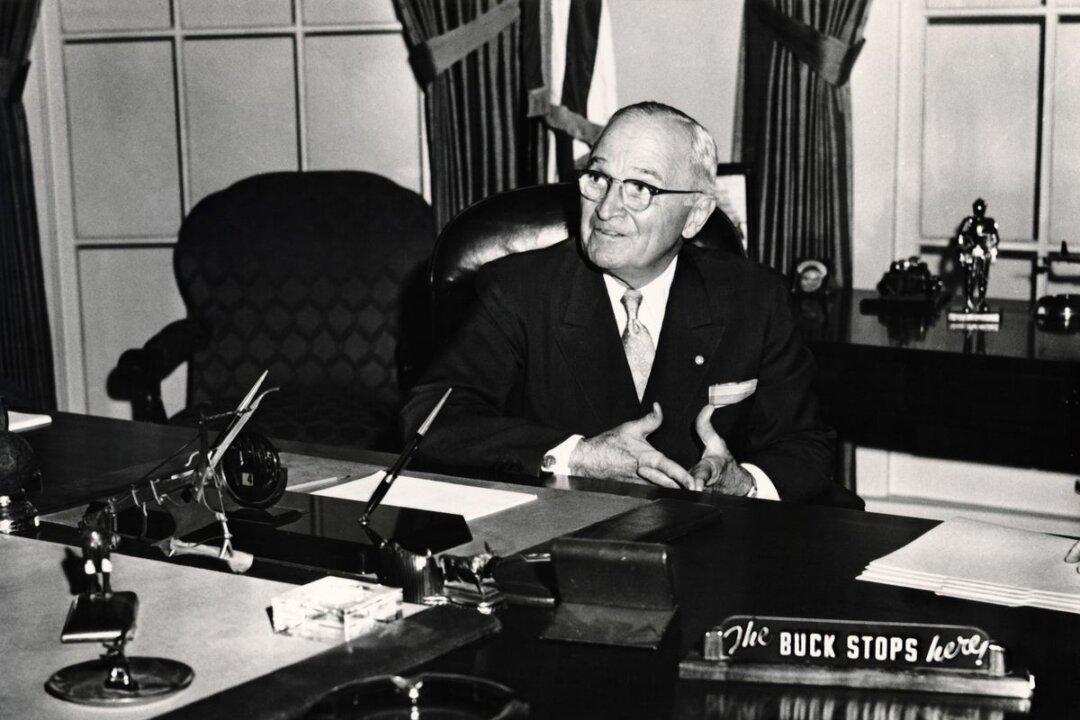Whatever we may think of him, like other politicians, Donald Trump has a knack for creating and using catchphrases that become his trademark. “Too big to rig” and “Swamp the vote” were very much in play during the 2024 campaign. Since 2022, “Drill, baby, drill!”—a phrase about fossil fuels invented in 2008 by Republican National Chair Michael Steele and popularized by Sarah Palin during her vice-presidential run that same year—has seen a revival by Trump’s camp. Off and on for the last seven years, Trump also used “Drain the swamp” as his way of promising to end D.C. cronyism and out-of-control bureaucracies.
Will these catchphrases endure? It’s too early to answer that question, though one of president-elect Trump’s inventions, MAGA or “Make America Great Again,” will likely have a long shelf life.






